Understanding the Governor’s Opposition to Housing Refugees in Arkansas
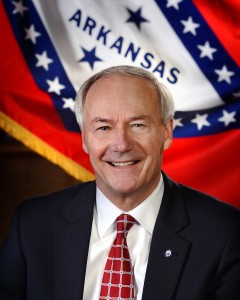 Yesterday Governor Asa Hutchinson joined many U.S. governors in opposing efforts to relocate Syrian refugees to the United States. Governor Hutchinson’s statement read,
Yesterday Governor Asa Hutchinson joined many U.S. governors in opposing efforts to relocate Syrian refugees to the United States. Governor Hutchinson’s statement read,
“As governor, I oppose any facility or installation in Arkansas being used as a Syrian refugee center. Many of the Syrian refugees are fleeing violence in their own country but Europe, Asia or Africa are logically the best places for resettlement or for temporary asylum. Syria is a war torn country and the United States will support our European friends in fighting ISIL in Syria and elsewhere; however, this is not the right strategy for the United States to become a permanent place of relocation. Again, I will oppose Arkansas being used as such a relocation center.
“The hardships facing these refugees and their families are beyond most of our understanding, and my thoughts and prayers are with them, but I will not support a policy that is not the best solution and that poses risk to Arkansans.”
Altogether some twenty-seven states have made it clear they do not want Syrian refugees admitted; most of these states are located in the southern or midwestern U.S., and a few national pundits have speculated these governors’ decisions are somehow racially motivated.
There is another explanation, however: When the U.S. government takes in refugees, it has a habit of sending them to live in the South or Midwest, and Arkansas is no exception.

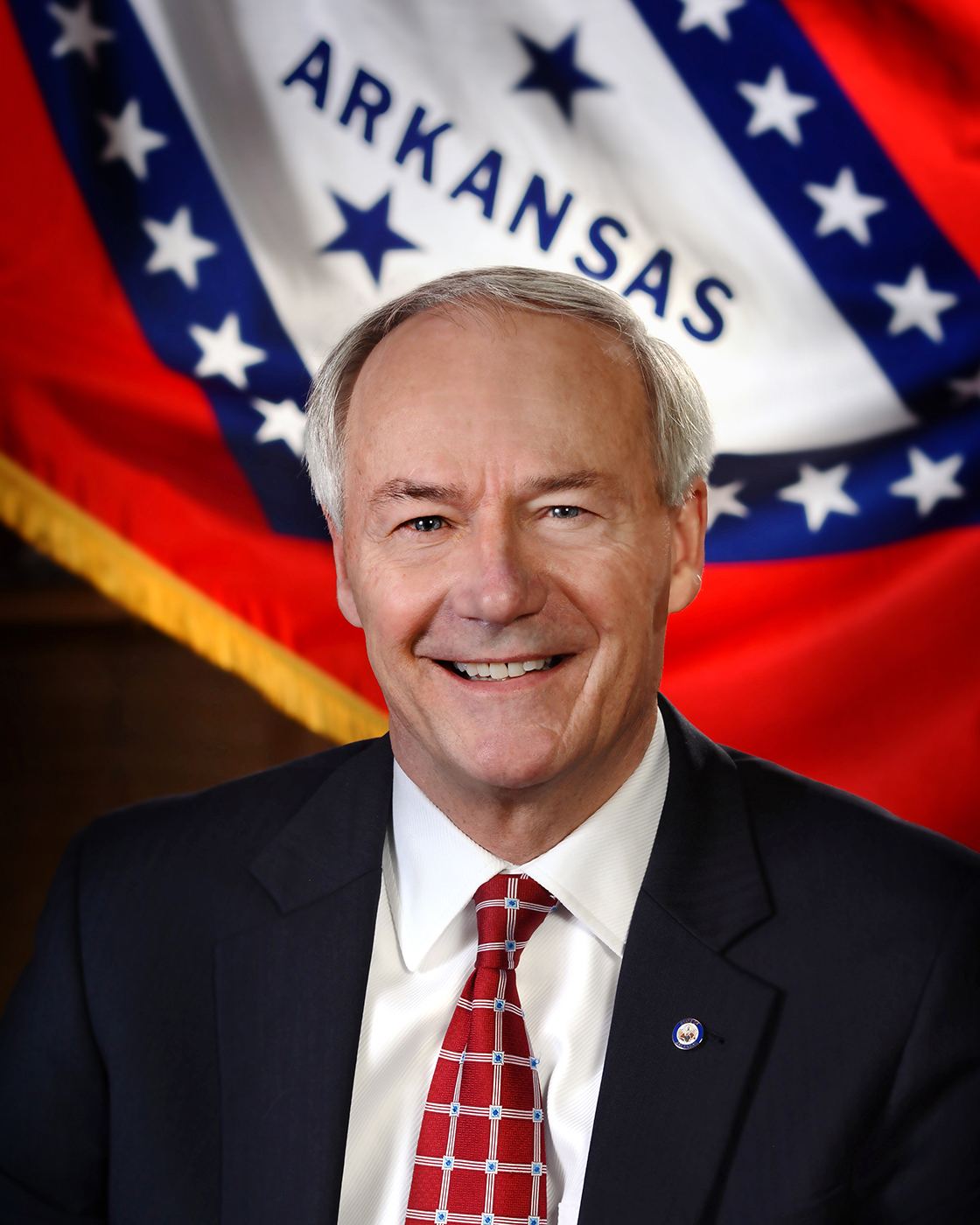

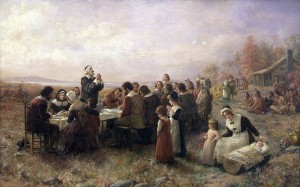 Despite growing efforts to secularize celebrations this time of year, a majority of Americans still say being thankful to God is a priority at Thanksgiving.
Despite growing efforts to secularize celebrations this time of year, a majority of Americans still say being thankful to God is a priority at Thanksgiving.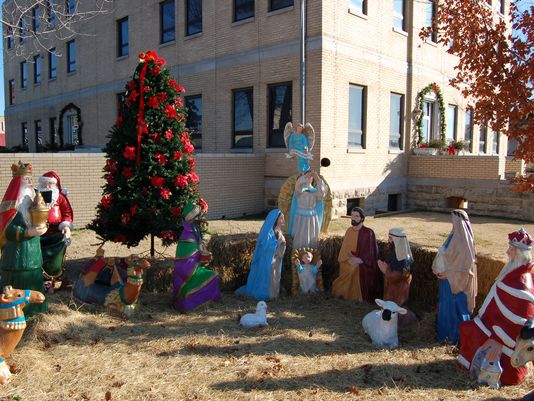
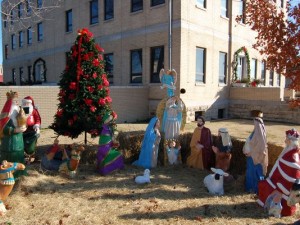 U.S. District Judge Timothy L. Brooks issued a ruling today quashing a Nativity scene on the Baxter County courthouse lawn, according to various news sources.
U.S. District Judge Timothy L. Brooks issued a ruling today quashing a Nativity scene on the Baxter County courthouse lawn, according to various news sources.